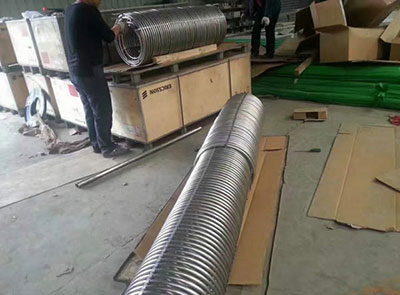How much does coiled tubing cost?
Coiled tubing is a versatile engineering marvel that has found applications in various industries. From oil and gas exploration to automotive manufacturing, it offers incredible benefits due to its flexibility and durability. Made from high-quality stainless steel, coiled tubing can withstand harsh environments, corrosion, and extreme temperatures.
Factors Affecting Coiled Tubing Costs
Material Grade and Quality:
When it comes to coiled tubing, stainless steel is the go-to material for its exceptional strength and resistance. The grade and quality of stainless steel used play a crucial role in determining the cost. Higher-grade alloys with enhanced corrosion resistance and mechanical properties tend to be pricier.
Tube Diameter and Wall Thickness:
Coiled tubing comes in various diameters and wall thicknesses, catering to specific requirements. Thicker walls and larger diameters usually come at a higher cost due to increased material usage and manufacturing complexities.
Length of the Coil:
The length of the coiled tubing you need is another significant factor. Longer coils require more material and incur additional manufacturing and handling costs, which can impact the overall price.
Surface Finish:
Coiled tubing can be supplied in different surface finishes, ranging from mill finish to polished or electropolished surfaces. The level of surface finish you choose can influence the cost, as additional processes may be required for achieving higher-quality finishes.
Quantity and Customization:
The volume of coiled tubing you require can affect the pricing, as bulk orders often come with quantity discounts. Additionally, if you need any customizations, such as specific lengths, end treatments, or additional machining, it may incur additional charges.
.








